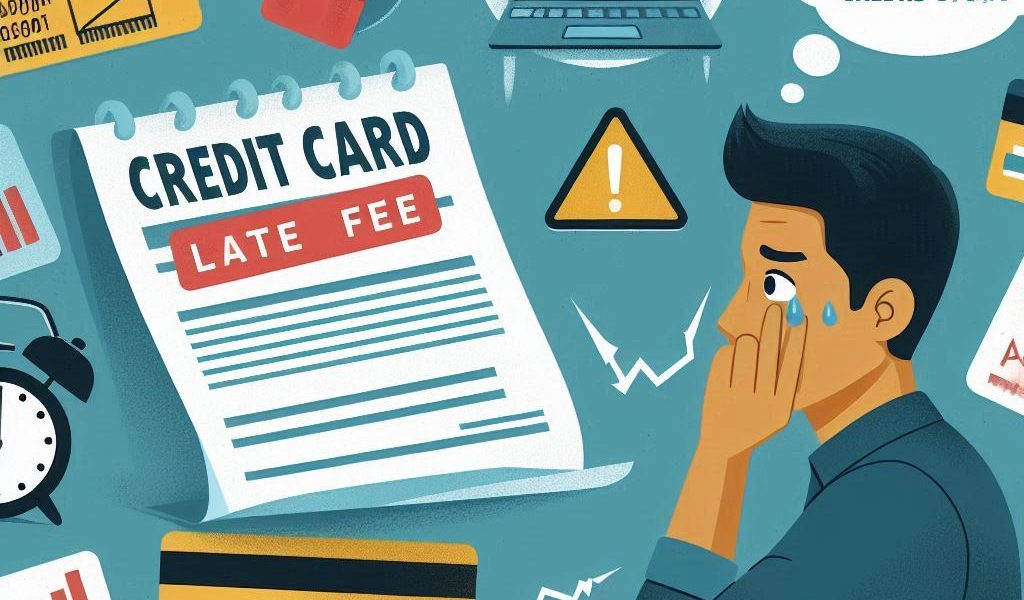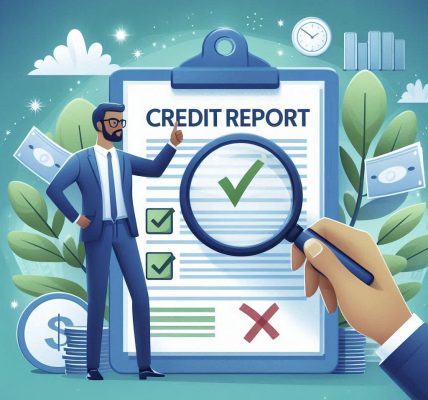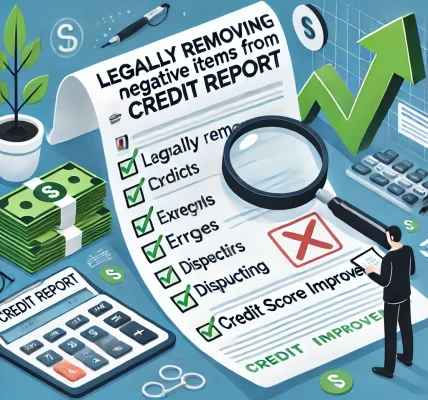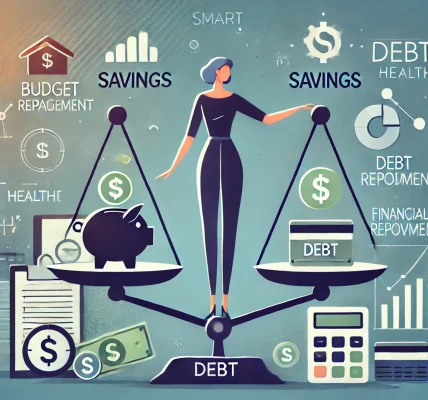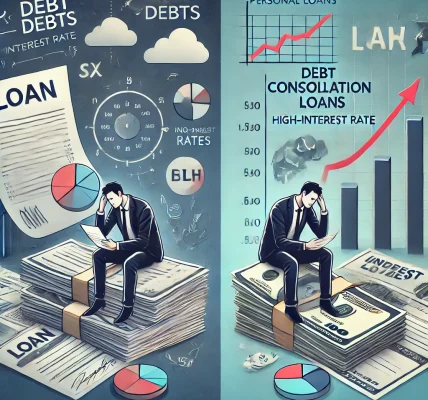Credit cards offer financial convenience, but failing to pay your bill on time can lead to serious consequences. From late fees to credit score damage, the repercussions can have a lasting impact on your financial health. In this article, we will discuss what happens if you miss a credit card payment, the penalties involved, how it affects your credit score, and strategies to avoid falling into a cycle of debt.
Immediate Consequences of Missing a Credit Card Payment
1. Late Fees
One of the first penalties you’ll face for missing a credit card payment is a late fee. Depending on your credit card issuer, late fees can range from $25 to $40. If you miss multiple payments, the fee may increase.
2. Interest Rate Increases (Penalty APR)
Many credit cards have a penalty APR, which is a higher interest rate applied if you miss a payment. A standard credit card may have an interest rate of 16% to 24%, but a penalty APR can exceed 29.99%, making your debt significantly more expensive.
3. Loss of Promotional Offers
If you were benefiting from a 0% introductory APR or a rewards program, missing a payment could cause you to lose these perks. Some credit card issuers revoke promotional interest rates after just one missed payment.
How Late Payments Affect Your Credit Score
1. Credit Report Impact
If your payment is less than 30 days late, it typically won’t be reported to the credit bureaus, though you’ll still face fees and interest. However, once a payment is 30 days past due, it is reported to the major credit bureaus—Experian, Equifax, and TransUnion—affecting your credit score.
2. Credit Score Drop
Your credit score can drop by 50 to 100 points depending on your credit history. The impact is more severe if you had a high credit score before the missed payment.
3. Credit Utilization Ratio Increase
Missed payments can indirectly raise your credit utilization ratio if unpaid balances accumulate, further lowering your score.
Long-Term Consequences of Not Paying Your Credit Card Bill
1. Debt Collection Agencies
If your payment is 90 days or more overdue, your credit card company may send your account to a debt collection agency. Debt collectors can be persistent, and having an account in collections can severely damage your credit profile.
2. Legal Action
In extreme cases, if you fail to make payments for six months or more, the credit card issuer may file a lawsuit against you. If the court rules in favor of the creditor, your wages may be garnished, or your assets could be seized.
3. Credit Card Account Closure
After multiple missed payments, your credit card company may close your account, making it harder for you to access credit in the future.
4. Difficulty Obtaining Future Loans
Lenders view late payments as a red flag. If you apply for a mortgage, car loan, or personal loan, your history of missed payments can lead to higher interest rates or loan rejection.
How to Recover from a Missed Credit Card Payment
1. Pay the Minimum Amount Due Immediately
If you’ve missed a payment, pay at least the minimum amount due as soon as possible to reduce penalties and avoid further damage.
2. Contact Your Credit Card Issuer
If this is your first missed payment, contact your credit card company and request a late fee waiver. Many issuers forgive one late payment if you have a good history.
3. Set Up Automatic Payments
To prevent future missed payments, enable automatic payments or set up reminders on your phone or email.
4. Monitor Your Credit Report
Check your credit report to see if the missed payment has been reported. If you notice an error, you can dispute it with the credit bureau.
Strategies to Avoid Missing Credit Card Payments
1. Create a Budget
Having a well-structured monthly budget ensures you have enough funds to cover your credit card bill on time.
2. Use Payment Alerts
Most banks offer SMS and email reminders before your bill is due. Set up notifications to remind yourself to make timely payments.
3. Consider a Balance Transfer Credit Card
If you’re struggling with high-interest debt, a balance transfer credit card with a 0% APR period may help you manage payments more effectively.
4. Avoid Overspending
Use credit cards responsibly by spending within your means and ensuring you can pay off the balance in full each month.
Conclusion
Failing to pay your credit card bill on time can have serious financial consequences, from late fees and interest rate hikes to long-term credit damage. However, by staying proactive and using smart financial habits, you can prevent missed payments and protect your credit score.
Key Takeaways:
✅ Late payments lead to fees, penalty APRs, and credit score damage ✅ 30-day late payments are reported to credit bureaus ✅ Long-term non-payment can result in debt collection or legal action ✅ Setting up automatic payments and budgeting can prevent missed payments
If you’ve already missed a payment, take immediate action by paying off the balance, contacting your creditor, and implementing strategies to avoid future mistakes. Responsible credit management is the key to maintaining financial stability and a strong credit profile.
